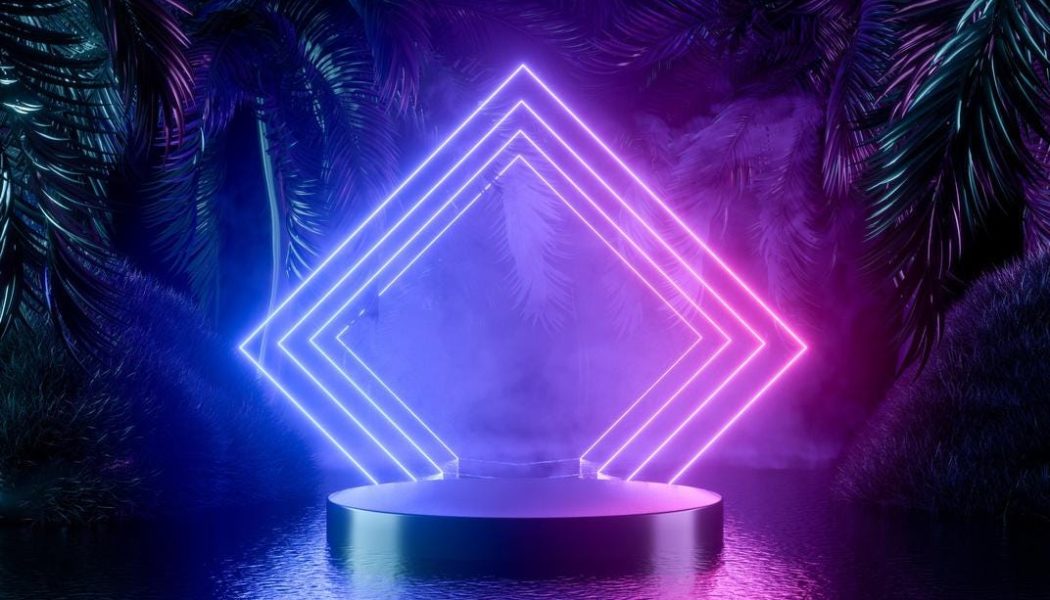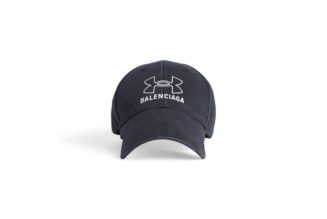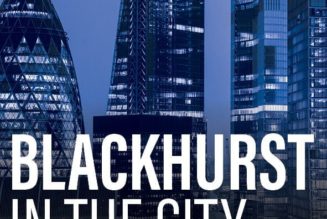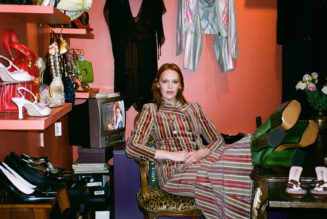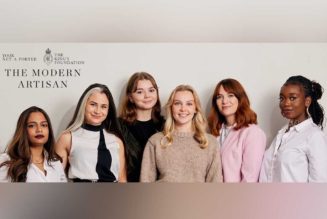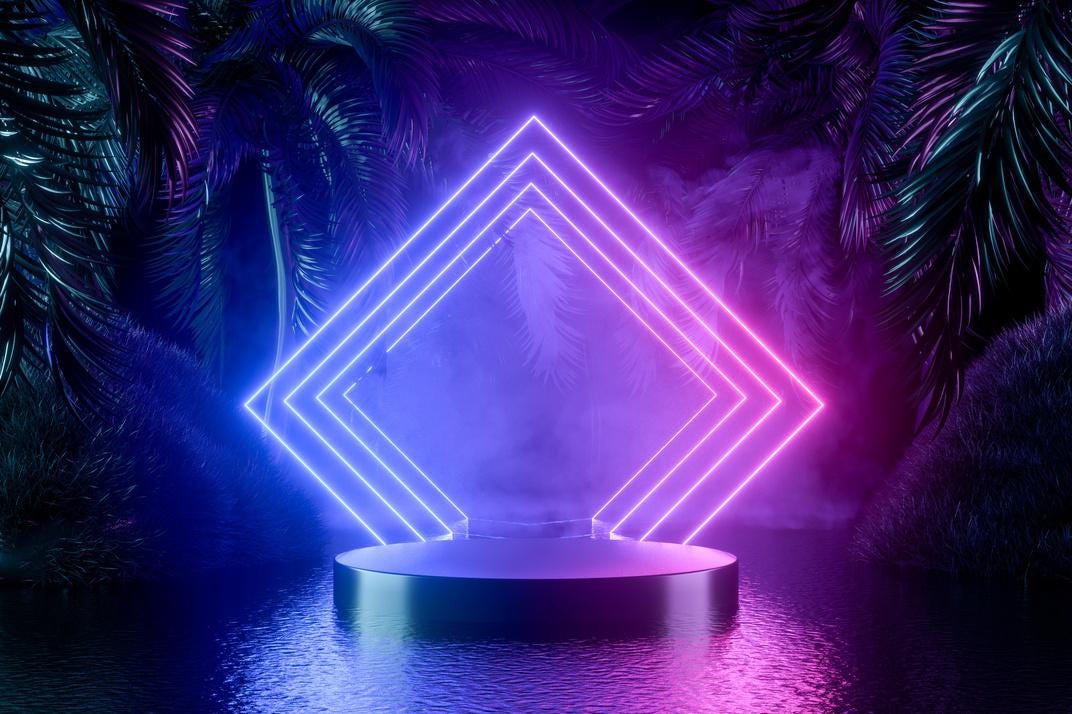
Dedrick Boyd is an international e-commerce strategist and the founder of TechSparq.
In 2022, brands like Louis Vuitton, Burberry, Gucci and Nike showed that they were determined to be early adopters of the metaverse. Mark Zuckerberg’s Meta is already pushing the concept with its Horizon Worlds, and Made.com has focused further on its online presence by allowing customers to visualize furniture in their homes with their smartphone cameras.
Overall, we can look to the video game industry, which is light years ahead of other industries when it comes to selling digital upgrades. Using real and in-game currency, players can buy exclusive items to enhance their look, vehicle, housing or any other part of the experience.
Video games and in-vogue fashion demographics tend to skew younger. On average, they have considerably less disposable income than older generations. This begs the question: While immersive commerce looks cool and appeals to today’s teens, can it produce the necessary ROI to justify the cost? Will it render immersive commerce a worthwhile experience?
Tech investors need their big-ticket items to sell if they want to make their numbers work. Luxury also needs to maintain exclusivity in product status to reach its core demographic. Thus, the answer to how best to marry immersive commerce to an ever-changing industry can be found in the realm of luxury products and services. As someone who works with immersive commerce software solutions, the following is a detailed look into ways that you can effectively combine luxury into this burgeoning online frontier.
Exclusivity Matters
In this social media-driven world, we can see someone on the street wearing a gorgeous piece of jewelry, take a picture of it with our phone, search Google and order a “close-enough” copy of it for ourselves—all within a 10-minute sequence. In this way, the power of exclusivity has been reduced. That’s always been one of the selling points for luxury items; not only are they considered a luxury due to the quality of manufacturing, but also because of the scarcity of those who actually have the means and prestige to purchase them.
You can utilize immersive commerce to reintroduce that feel of the exclusive experience where a private appointment is needed. For example, one way would be to make it so a private link or QR code works as access to a private showroom. Once there, you don’t want the customer simply blundering around a virtual space. Have them shown around by a virtual concierge inhabited by either a real person or a state-of-the-art AI program that can remember their name and preferences and spend as much time with them as needed. Use this space for 3-D product specs, video content, real-time voice-activated chats or any other bells and whistles that make consumers feel special. Studies have shown that customers will spend 40% more money when their shopping experience is highly personalized, which is a huge testament to the viability of immersive commerce.
Luxury Already Has Interactivity Built-In
Luxury brand loyalists expect stellar service with an elevated overall shopping experience. This applies to both in-store and virtual product interaction. Unfortunately, this expectation is often muted by traditional online interactions. A tangible trip to a physical location is usually preferred in luxury, but not everyone has the means to travel the globe. According to GE Capital Retail Bank, “81% of consumers conduct online research before making a purchase.” This presents an opportunity for brands to present a unicorn interactive shopping experience by allowing customers to actually interact with potential purchases within the metaverse.
Let’s look at what Dior has recently done for an excellent example of the unicorn experience. In October 2022, the luxury brand launched a virtual holiday pop-up store showcasing its Dior Beauty line of cosmetic products, taking place in a digital recreation of Château de La Colle Noire, the iconic designer’s former home and an all-around iconic property in France. Inside, consumers can tour three different rooms, including the beauty room, the gift finder room and the fragrance room, which matches shoppers’ unique personalities to the perfect perfume. The beauty room included a customized gifting experience and the ability for virtual try-ons. This was a personalized and unique experience that simply could not be achieved by browsing a catalog. The luxury brand’s overall goal with this virtual store was to cater to its most loyal customers and immerse them in a beautiful setting.
Post-Sale Support In The Digital Age
The higher the cost of the item, the more value it should retain during its lifecycle. I’m sure you’ve heard this one before: You buy an expensive item, a pair of sneakers or a new phone, and once it gets damaged or needs tech support, the sales rep who sold it to you is unreachable. By the definition and limitations of luxury goods, the ability to maintain a relationship between concierge and customer past the point of sale remains a considerable asset.
Immersive commerce provides an opportunity for customers to reconnect with the same sales rep who took them on their exploratory journey of the brand and sold them the luxury item. You can utilize this new method of commerce to more permanently connect customers with someone who can act as their confidante and problem-solver on any issues—exactly as if they went into a physical store to visit with a stylist or concierge. Being able to connect virtually to the same friendly face, the centerpiece of trust with a brand is an invaluable experience. Find ways through the metaverse to allow this kind of relationship.
The Future Of Luxury And Immersive Commerce
As immersive commerce rockets down the pipeline bringing the metaverse fast on its coattails, we’ll surely see failed experiments in which brands dive into high-level technology without the financial plan to produce a feasible return on investment.
I believe that luxury brands, however, have the audience for it, the resources to do it well and the expected spending power from their customers to delve into this exciting frontier—making it a part of their extended commercial experience and setting themselves apart in this new arena.
Forbes Business Council is the foremost growth and networking organization for business owners and leaders. Do I qualify?
